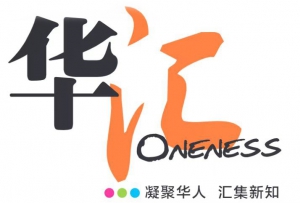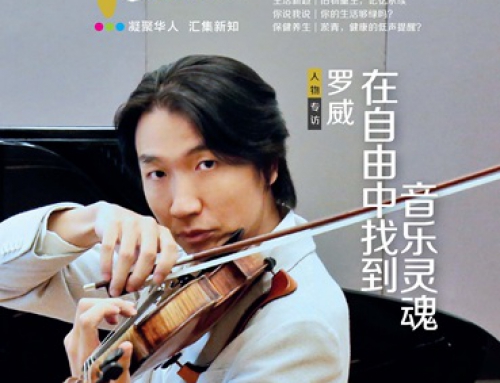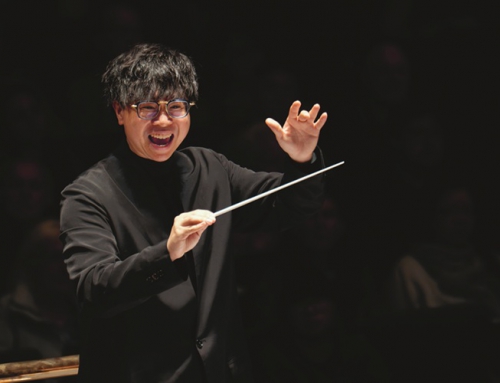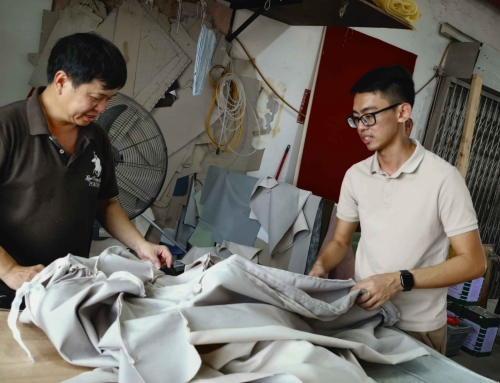白事礼仪与禁忌
办丧事,也送大桔,分红包?
资料来源│新加坡潮州总会出版刊物《潮州民俗》图│iStock
白事,指的是丧葬。由于华人传统葬礼的主色调是白色,也称帛事。丧礼不仅仅是为逝者庄严的送行,也是让其家人释放哀伤和思念之情,即便同是华人,不同地区的风俗习惯仍有不少差异,正所谓“十里不同俗”。这里介绍的是潮州人的丧礼习俗,着重的是现在的白事禁忌、疑问和吊丧
礼俗。
1 为什么有守孝三年的说法?
华人认为,孩子呱呱落地后的首三年都离不开母亲的怀抱和悉心照料。因此父母离世后,子女守孝三年报恩。现在如果守孝,已不需三年,有些人会一年内身穿素服,不吃肉也不饮酒。
2需要披麻戴孝吗?
如今已少有人披麻戴孝,一般是穿黑白素服,并在往生者下葬后就把孝布脱下。其实,戴孝的目的是表达对亲人逝世的哀思,只要有心就已达到戴孝的意义,重要的是照顾仍健在的亲人。戴孝时,如果是女性亡者,子孙在右手臂戴孝;男性亡者,子孙在左手臂戴孝。
3孝子可以理发吗?
长辈逝世当天,孝子孝女可迅速理发。如果守孝,要在初一、十五才可理发。
4在什么时候做功德?
从前是在下葬后才为往生者做功德,现在多数在居丧期间的最后一晚进行。也有人连续做两晚或三晚。如果经济条件许可,在往生者满七、对年或三年,都可以做功德。做功德,一般是上午9点半到晚上10点半。
5吊丧需注意什么?
吊丧是对亲友的逝世表示哀悼,也是对其家人表示慰问和关怀。吊丧时应穿素服到灵堂。一般是在灵堂上一支香,或直接向往生者三鞠躬表示最后的敬意。丧家会在灵堂旁鞠躬致谢,吊丧者要稍微鞠躬回礼。吊丧一般会给帛金或送花圈。往生者如果是社团成员,所属团体会集体吊丧公祭。丧家须准备红丝线和糖果给吊丧亲友,并准备食物招待。另外,有的丧家会在报纸刊登讣告,通知亲友,有的亲友也会登挽词悼念往生者。
6丧家为什么要给红丝线和糖果?
给红丝线代表吉祥之意,给糖果则代表扫去心头苦。出席白事后,可用石榴花放在水中洗脸或洗手去晦气。没有石榴花,也可用碎花。
7参加送葬有忌讳吗?
孕妇和婴儿一般不参加送葬。
8亲友送殡,丧家该怎么做?
给驾车送殡者一对大桔,一个红包和一条红丝带。给其他送殡者一条小面巾,一条红丝线和包有两个硬币的红纸包。
9守孝期间,可办结婚喜事吗?
从前要守孝三年才可完婚,现在的做法是,如果已到谈婚论嫁的阶段,可在百日内举行婚礼,否则便得多等一年。
10守孝期间有哪些忌讳?
戴孝需避免到别人的家探访。一年内不参加别人的婚礼、满月酒、丧礼或出席寺庙答谢神恩类的活动,不过,托人代送礼金还是允许的。此外,过年期间也不可上亲友家拜年作客。办丧事时须取下春联,而且三年内不贴红色对联。
Teochew mourning customs
The following traditions and taboos related to funerals and mourning are detailed in “Teochew traditions: traditional festivals and customs”
Translation: Hong Xinyi
The funeral
Visitors should wear clothes in plain colours to express their sorrow. After they offer incense and bow thrice to the deceased, the family of the deceased will bow to express their thanks.
Visitors gift money or wreaths, and receive red silk thread and sweets from the mourning family in return.
After attending a funeral, add pomegranate flowers to water and use this for bathing or washing one’s hands.
Traditionally, mourning attire for family members of the deceased was made with hemp. Today, they usually wear plain garments in black or white. If the deceased is a woman, her family members wear a mark of mourning on their right arm. If the deceased is a man, they wear the mark on their left arm.
The mourning period
The Chinese believe that in the first three years of a child’s life, he is not able to survive without parental care. When one’s parents pass away, children thus observe a mourning period of three years to repay their parents.
During this period, some may refrain from eating meat and consuming alcohol for a year.
In the past, families could only hold weddings after the three-year mourning period. Now, it is permissible to hold a wedding within a hundred days of burial, or wait until a year after the burial.
During the first year of the mourning period, one should refrain from attending events such as weddings. During Lunar New Year, friends and relatives should not visit those in mourning.

Your Content Goes Here






